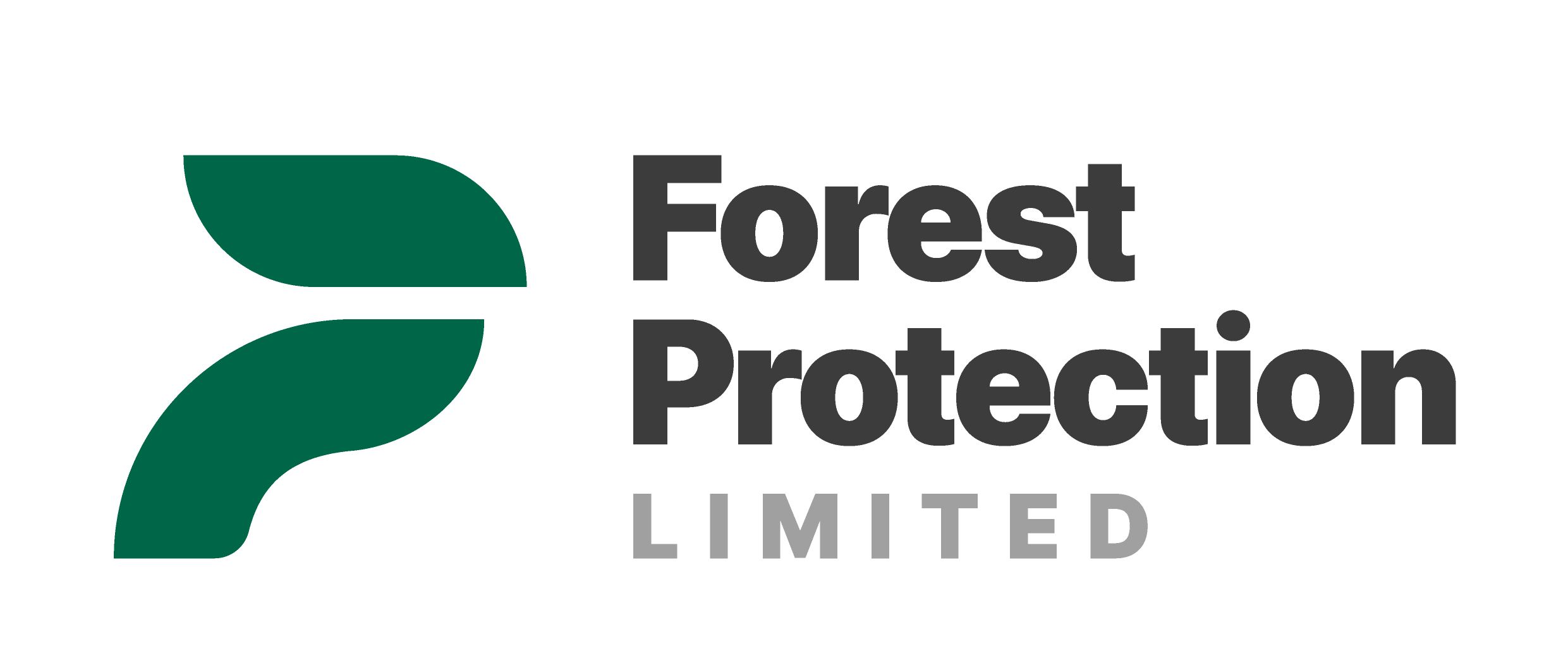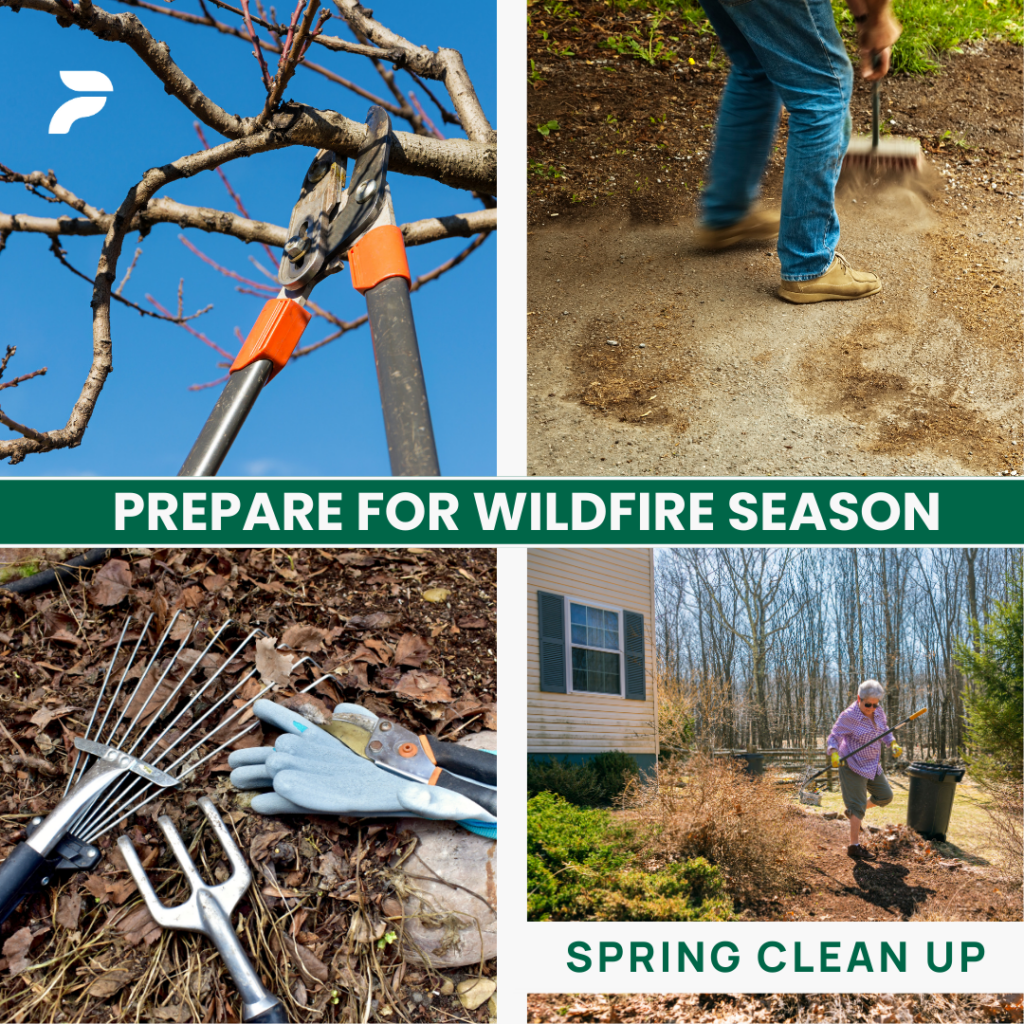With the wildfire season fast approaching, it is crucial to take proactive steps to reduce wildfire risks around our homes and protect our communities.
As the snow melts away, it reveals a landscape littered with dry leaves, dead branches, and other combustible materials. These can serve as fuel for wildfires, especially during periods of dry, windy weather. Removing these potential hazards can significantly decrease the intensity and spread of fires, safeguarding both property and lives.
The wildfire season begins in New Brunswick on April 15, 2024. To prepare for wildfire season, conduct a spring cleanup.
Steps for clean up
- Clearing debris: Begin by raking up leaves, pine needles, and dead vegetation from your yard, gutters, and roof. Dispose of these materials properly to prevent them from accumulating and becoming fire hazards.
- Pruning trees and shrubs: Trim overhanging branches and remove any dead or dry vegetation near your home to reduce the risk of fire spreading.
- Maintaining a defensible space: Create a break or buffer zone around your home by keeping grass mowed short and spacing out plants and trees. This helps slow the advance of flames and provides firefighters a safer environment to defend your property.
- Storing firewood properly: Move firewood piles, stored trailers/recreational vehicles, storage sheds, and other combustible materials a minimum of 10 metres from your home.
- Checking outdoor equipment: Inspect and maintain outdoor equipment such as grills, lawnmowers, and chainsaws. Ensure they are in good working condition and free of leaks or other potential fire hazards.
- Securing flammable materials: Store propane tanks, gasoline, and other flammable materials in approved containers and away from heat sources. Keep them in a well-ventilated area and never indoors.
Be prepared. Be proactive. Be fire smart.
While spring cleanup is essential for reducing fire risks, preparing for emergencies is equally crucial. Develop a family emergency plan, including evacuation routes and designated meeting points. Prepare an emergency kit with essential supplies such as water, food, first aid supplies, and important documents.
Stay informed about fire conditions in your area and adhere to any fire bans or restrictions. Report any signs of wildfire immediately to local authorities and follow their instructions carefully.
Protect your home, family, and community from wildfires this spring by implementing FireSmart™ practices and conducting a thorough yard cleanup.
Helpful links

